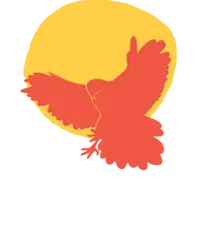
NAIDOC Week celebrates Aboriginal and Torres Strait Islander cultures, achievements, and contributions. Indigenous communities are reflected in NAIDOC Week through a theme that reflects their diversity and resilience each year. “For Our Elders” is an important theme in 2023, affirming the importance of honouring and learning from our esteemed Elders’ wisdom, knowledge, and experiences.

On 26 January 1938, while many Australians celebrated the 150th anniversary of the landing of the First Fleet, a group of over 1000 Aboriginal people gathered at Australia Hall in Sydney to call for full citizenship status’ and laws to improve the lives of First Nations people. As one of the first major civil rights gatherings in the world, this day became known as the Day of Mourning. Since then, National NAIDOC Week has grown to become both a commemoration of the first Day of Mourning as well as a celebration of the history, culture and excellence of First Nations people. National NAIDOC Week is observed annually from the first Sunday in July until the following Sunday.
From 1940 until 1955, the Day of Mourning was held annually on the Sunday before Australia Day and was known as ‘Aborigines Day’. In 1955 ‘Aborigines Day’ was shifted to the first Sunday in July when it was decided that the day should also become a celebration of Aboriginal culture as well as a day of protest. Major Aboriginal organisations, as well as state and federal governments, all supported the formation of the National Aborigines Day Observance Committee (NADOC).

Acknowledging the Role of Elders: In order to start implementing this year’s NAIDOC Week theme, educators should first recognise the Elders’ important role in Indigenous communities. Elders are responsible for guarding cultural information, myths, and traditions and transferring them from one generation to the next. Teachers might ask local Elders to speak with students about their lives and knowledge, giving pupils real-world perspectives on Indigenous history and culture.
Intergenerational Activities: Intergenerational activities help children and Elders feel connected, respect one another, and learn from one another. Teachers can arrange storytelling events, art classes, or cultural outings where Elders can impart their expertise and customs. The richness of knowledge that Elders possess is encouraged to be valued by students through these events, which also provide a venue for meaningful intergenerational conversation.
Fostering Respect and Cultural Exchange: It is essential for teachers to foster an environment of respect, empathy, and cultural exchange during NAIDOC Week and beyond. Educators can encourage students to ask questions, actively listen, and engage in open discussions about the experiences and perspectives shared by Elders. By fostering a genuine appreciation for Indigenous cultures, students can develop empathy, challenge stereotypes, and contribute to reconciliation efforts.
Create Lasting Connections: NAIDOC Week serves as a catalyst for ongoing relationships and collaborations between schools and Indigenous communities. To create enduring relationships, teachers can collaborate closely with local Elders, Aboriginal and Torres Strait Islander organisations, and community people. These collaborations may result in upcoming cultural events, chances for reciprocal learning, and the inclusion of Indigenous perspectives in the curriculum outside of NAIDOC Week.
Display our “For Our Elders” Bunting proudly in your classroom, admin, entry or window. Sign up to our email Family below to get your FREE bunting.




Sign up to be the first to know about new products and blog posts and get exclusive discount codes.


We acknowledge and pay our respects to the Minjungbal People of the Bundjalung Nation, the Traditional Custodians of the beautiful land and waterways on which we live and work.
Always was. Always will be Aboriginal land.
Copyright © Songlines Art, Culture, Education.
We acknowledge and pay our respects to the people of the Bundjalung Nation, the Traditional Custodians of the beautiful land and waterways on which we live and work.
Always was. Always will be Aboriginal land.
